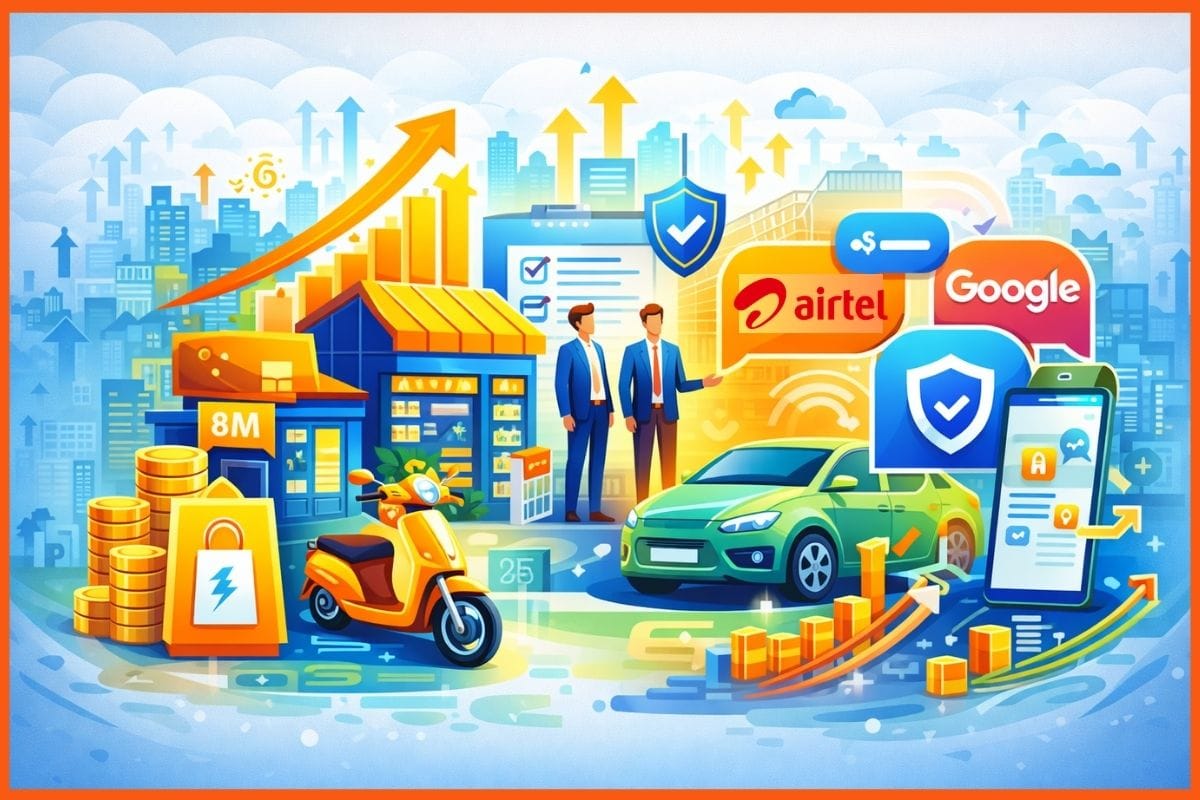How New Age Indian Startups can Adopt Credible Mental Health Support for Employees? - Mr Ankit Malhotra, Founder, heyy,
✍️ Opinions
This article has been contributed by Mr. Ankit Malhotra, Founder, heyy,
The Indian mental health narrative has started to change from the “Hush-Hush” policy to a “Let’s Talk” approach, especially post-pandemic. While the need for mental health support had always been there, it took a pandemic to pedal push the accelerator towards realising this need to take care at a nation-wide level.
The deep seated “stigma” that plagues mental health in the Indian scenario is difficult to get uprooted by a single pandemic, thus, the impact this stigma still has on “adopting” mental health care support in the country cannot be overlooked.
Even though mental health needs are universal, there are no second thoughts about the fact that the pandemic has impacted the “working population” the most from the rest of the sections. 42% of employees remain stressed on a day-to-day basis and 1 out of 5 employees face a mental health issue at some point in their career trajectory. These figures have multiplied now due to changing lifestyles and evolving working scenarios. Juggling between offline-remote-hybrid work circumstances, have made life quite a struggle for both the employers and employees.


Startups in India are growing at a breakneck speed. By some estimates, we have 70,000+ startups in India employing more than a million employees. The average age of employees at startups is around 30 years. Means it employs some of the most ‘mental-health’ aware demographics in the country. For a startup to be successful long term, it is essential to understand the needs of this demographic at workplace and provide for it.
The push-pull of employee-employer needs
Staying engaged with employees
Frankly, its getting tough to understand how employee behavior is evolving over the last 2-3 years. Covid, global recession, war - are creating scenarios that are difficult to predict and put a HR-template on.
Inquire about employee's wellbeing
In such a scenario, startups, due to their leaner and flatter structures, can stay more grounded and have their ears to the employee needs. Stay engaged with employees and inquire about their wellbeing more periodically. There would be numerous insights that will come out.
Stay in touch with national / international trends & stay flexible
Moonlighting, flexible work arrangements, hybrid work are some of the new age working structures that are gaining traction with employees. Stay informed and staying flexible will go a long way
Wellbeing policies
No question asked mental health leaves, period leaves for women, mandatory time off from work, are some key initiatives that are creating really positive outcomes. At heyy, we have extended some of these since our inception, with very positive feedback from employees.
Leaders stay vulnerable and open to feedback
Culture where vulnerability is accepted, mistakes are welcome, grow faster as companies and innovate faster too. Flipkart is an example.

But what about mental health support that needs intervention?
It would be wrong to assume that the above interventions are enough when it comes to mental health care of employees. 1/3rd of the day is spent in office, and it becomes employer responsibility to take care of their folks.
Get professional help
Mental health and wellbeing support comes in various shapes and forms. Best care is the one that is preventive and can solve for issues before they become severe. heyy, is such service in the preventive care space.
Ask the right questions, and no white-washing please
In a lot of cases, startups have extended mental health services through partnerships with insurance players. Ask if these are being adopted enough. Industry EAP / Digital care adoption rates are less than 1% for employees. This is not enough when more than 42% of employees are under stress. heyy, is pioneering industry leading adoptions with human-first care and more than 15% adoption by employees.
End of the day, employees have to demand better services too. Staying tight-lipped will not help. In our experience, most of the HRs / companies are not exploring better solutions because employees are not demanding them enough. Startups give that freedom of expression that large enterprises can’t, employees should use that effectively.
Several pain points of “stigma”, “awareness issues”, “scalability” being discussed and to an extent addressed using AI-Bot led platforms, EAP solutions or Self-Care Apps. Majorly the reason for not having “enough” credible mental health care platforms specifically in the workplace scenario is the absence of this “human connect”.
Humans have always been the social animals that they have and in no way can an AI or standalone self-care replace the human touch to address as sensitive a concern as mental health. Also, the new age Indian startups, while thinking on the lines of making solutions available, need to broaden their horizon and think more preventative rather than interventive when addressing the need for mental health. That will be the game-changer. Having a “human-first, preventive model” that proves effectiveness of care is how the adoption of mental health support bolstering with light speed! While the “need to take care” should come from within, especially with mental health, a more proactive-high touch approach is what is required to make taking “mental health support” easy for an individual. Keeping it human-first, simple, affordable, proactive, preventative, and easily accessible in our approach. It may take many more startups like heyy, to combat this national overload of mental health need and extend care at a community level.
Conclusion
Mental health support for employees has always been needed. Employees need to speak up and demand better services. In our experience, most of the HRs / companies are not exploring better solutions because employees are not demanding them enough. Startups give that freedom of expression that large enterprises can’t, employees should use that effectively.
Must have tools for startups - Recommended by StartupTalky
- Convert Visitors into Leads- SeizeLead
- Website Builder SquareSpace
- Run your business Smoothly Systeme.io
- Stock Images Shutterstock






